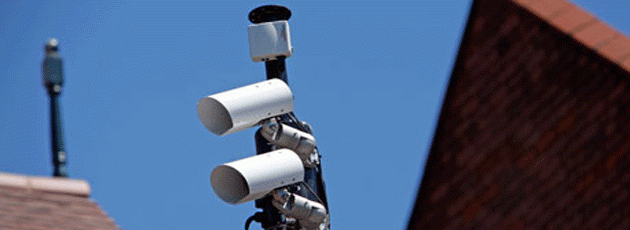- Home
- News & Blogs
- About Us
- What We Do
- Our Communities
- Info Centre
- Press
- Contact
- Archive 2019
- 2015 Elections: 11 new BME MP’s make history
- 70th Anniversary of the Partition of India
- Black Church Manifesto Questionnaire
- Brett Bailey: Exhibit B
- Briefing Paper: Ethnic Minorities in Politics and Public Life
- Civil Rights Leader Ratna Lachman dies
- ELLE Magazine: Young, Gifted, and Black
- External Jobs
- FeaturedVideo
- FeaturedVideo
- FeaturedVideo
- Gary Younge Book Sale
- George Osborne's budget increases racial disadvantage
- Goldsmiths Students' Union External Trustee
- International Commissioners condemn the appalling murder of Tyre Nichols
- Iqbal Wahhab OBE empowers Togo prisoners
- Job Vacancy: Head of Campaigns and Communications
- Media and Public Relations Officer for Jean Lambert MEP (full-time)
- Number 10 statement - race disparity unit
- Pathway to Success 2022
- Please donate £10 or more
- Rashan Charles had no Illegal Drugs
- Serena Williams: Black women should demand equal pay
- Thank you for your donation
- The Colour of Power 2021
- The Power of Poetry
- The UK election voter registration countdown begins now
- Volunteering roles at Community Alliance Lewisham (CAL)
Muslim area 'spy cameras' to be removed
200 cameras controversial ‘spy cameras’ put up in Muslim populated areas of Birmingham must be removed, West Midlands chief constable of Police told a Police Authority meeting.
The Police Authority heard from a report which found that there were no justifiable reasons for the decision by police to have put up the cameras.
The surveillance cameras, some of which were hidden, were paid for with £3m of government money earmarked for tackling terrorism.
An investigation by a Birmingham City Council scrutiny committee, was severely critical of police chiefs and the lack of consultation before Project Champion saw the 200 cameras placed in Sparkbrook, Springfield, Bordesley Green and Washwood Heath earlier this year.
Mr Sims told the meeting: ”I do not see an operational way out that does not involve removing the scheme and using that as an opportunity to rebuild trust.”
The project was led by Birmingham Safer Partnerships, made up of the city council, police and other agencies.
But civil rights groups questioned the legality of the approach the police and others took.
Corinna Ferguson, legal officer at Liberty, said: "It now appears that the police did not comply with Regulation of Investigatory Powers Act (RIPA) or the Data Protection Act (DPA), and therefore the planned surveillance was in breach of the right to privacy under the Human Rights Act.
"The police also acted unlawfully in failing to have any regard for the equality implications of the scheme. This divisive and counter-productive project must now end. The cameras must come down."
Liberty has now threatened legal action against the force if it refuses to agree to remove all the cameras in the next two weeks.
